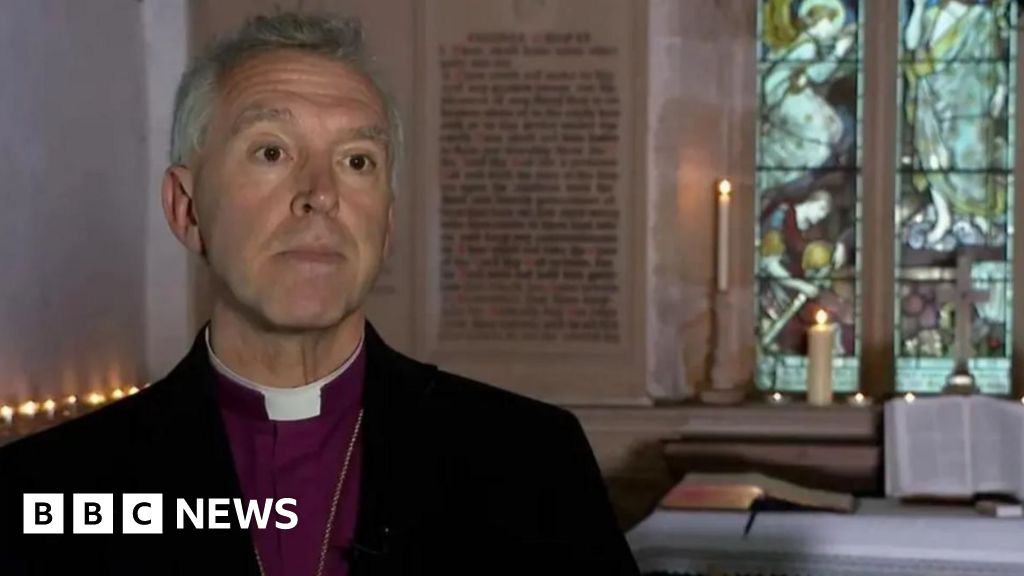By Euronews with AP
Published on 27/06/2025 - 19:02 GMT+2
ADVERTISEMENT
The US Supreme Court on Friday ruled that individual judges lack the authority to grant nationwide injunctions, but the decision left unclear the fate of President Donald Trump’s restrictions on birthright citizenship.
The outcome was a victory for the Republican president, who has complained about individual judges throwing up obstacles to his agenda.
The justices agreed with the Trump administration, as well as President Joe Biden's Democratic administration before it, that judges are overreaching by issuing orders that apply to everyone instead of just the parties before the court.
Shortly after the ruling, Trump told reporters he’d “promptly file” to advance policies blocked by judges, including birthright citizenship restrictions.
He hailed the ruling, calling it "a big, amazing decision" and a "monumental victory for the constitution, the separation of powers, and the rule of law."
Despite the ruling, a conservative majority Supreme Court left open the possibility that the birthright citizenship limitations could remain blocked nationwide.
Trump's order would deny citizenship to US-born children of people who are in the country illegally.
The cases now return to lower courts, where judges will have to decide how to tailor their orders to comply with the high court ruling. Justice Amy Coney Barrett wrote in the majority opinion.
Are these the last days of US birthright citizenship?
Birthright citizenship automatically makes anyone born in the United States an American citizen, including children born to mothers in the country illegally.
The right was enshrined soon after the Civil War in the Constitution’s 14th Amendment.
The US is among about 30 countries where birthright citizenship—the principle of jus soli or “right of the soil”—is applied. Most are in the Americas, and Canada and Mexico are among them.
Trump and his supporters have argued that there should be tougher standards for becoming an American citizen, which he called “a priceless and profound gift” in the executive order he signed on his first day in office.
The Trump administration has asserted that children of noncitizens are not “subject to the jurisdiction” of the United States, a phrase used in the amendment, and therefore are not entitled to citizenship.

 3 hours ago
2
3 hours ago
2









